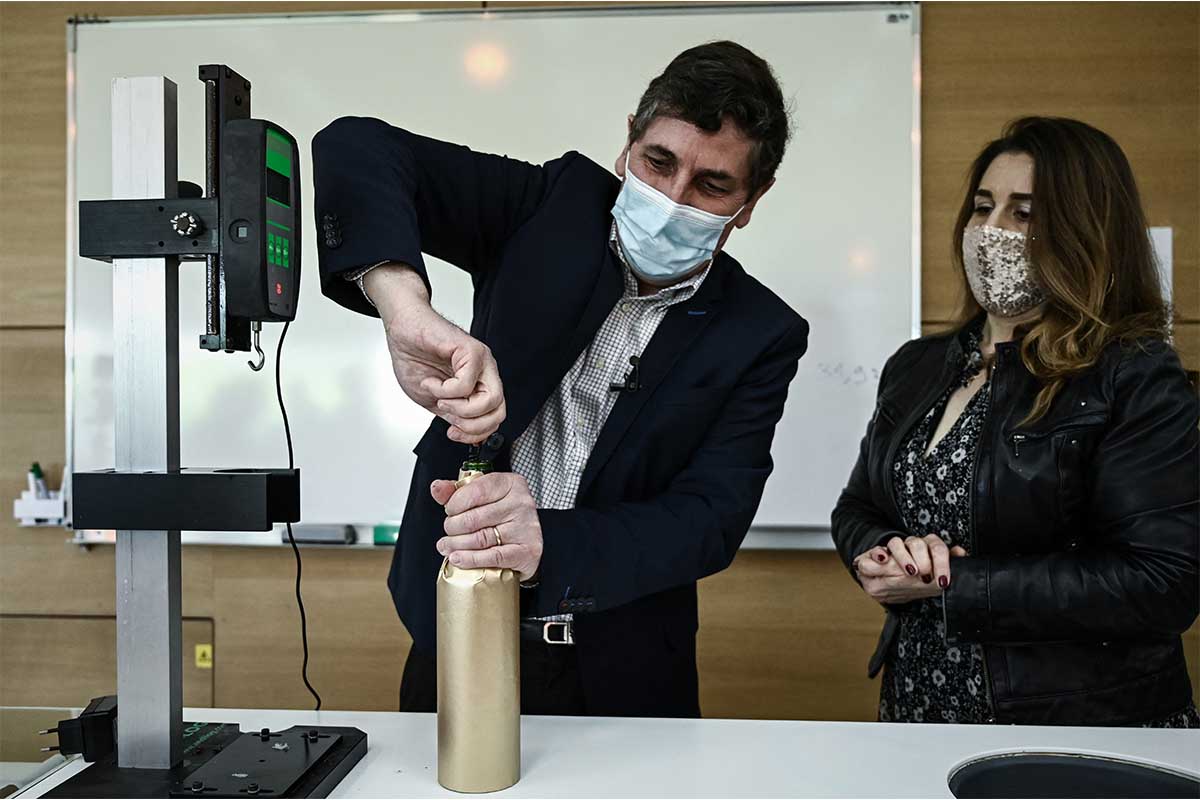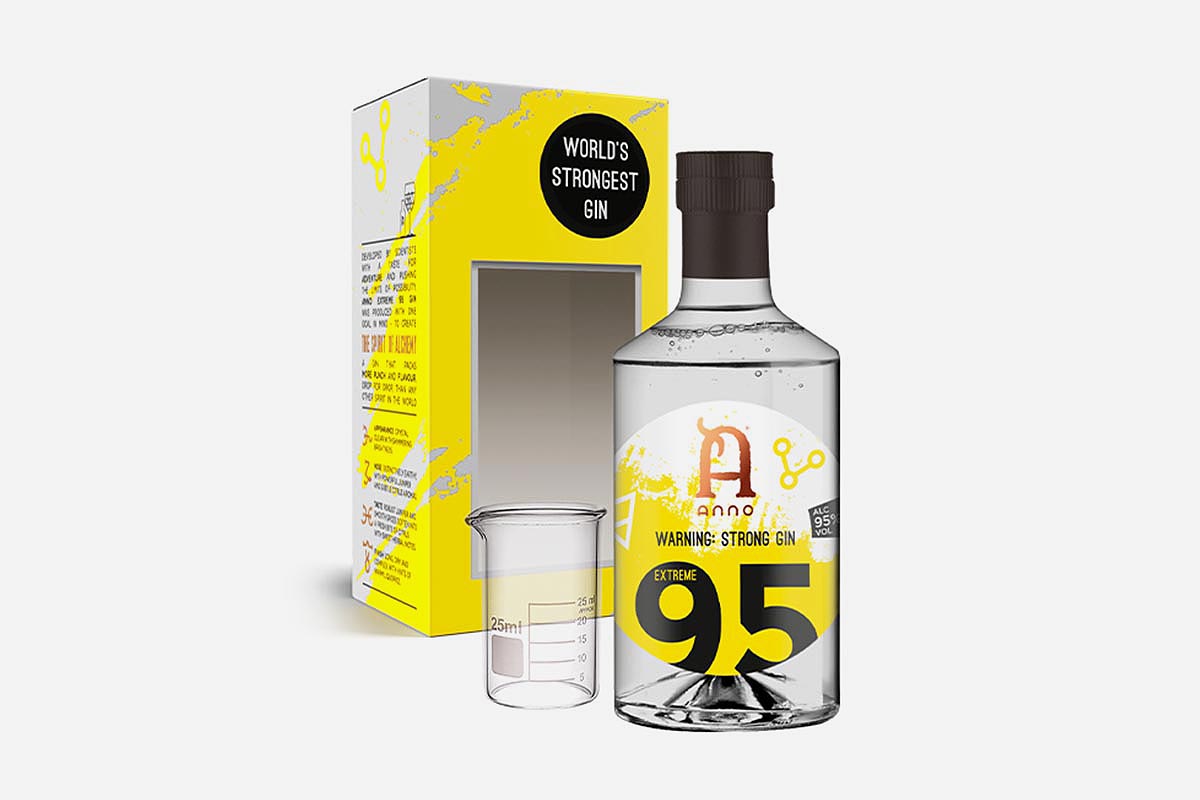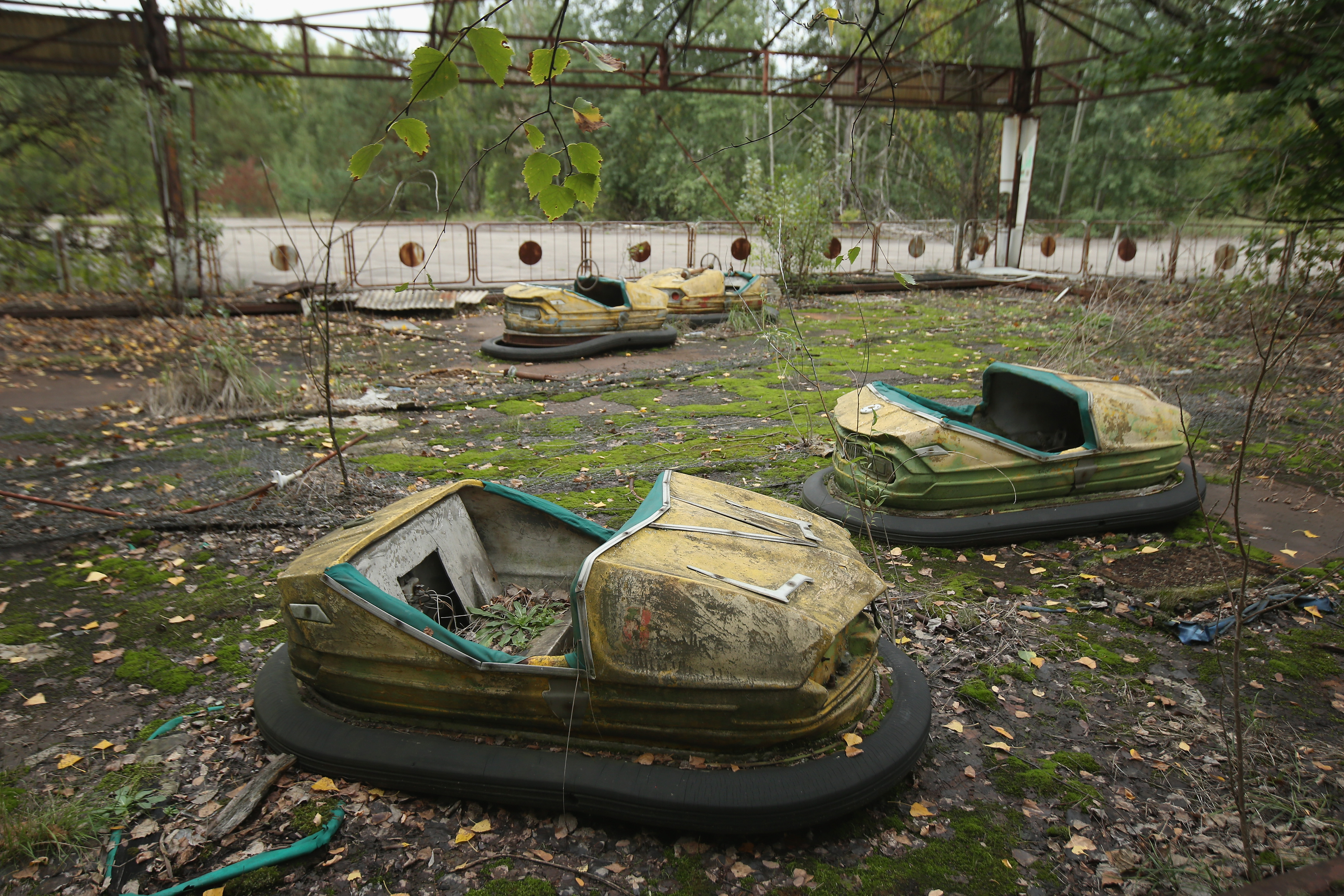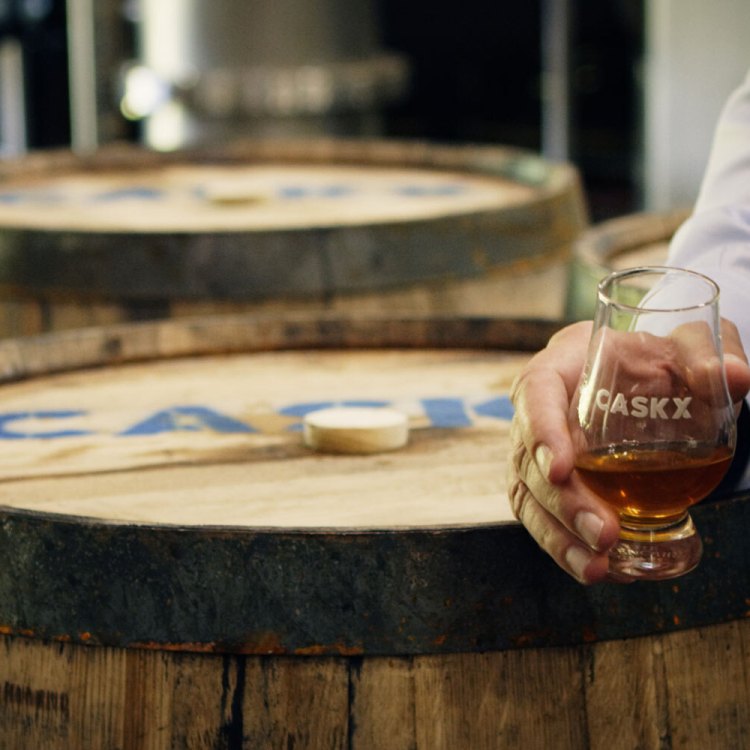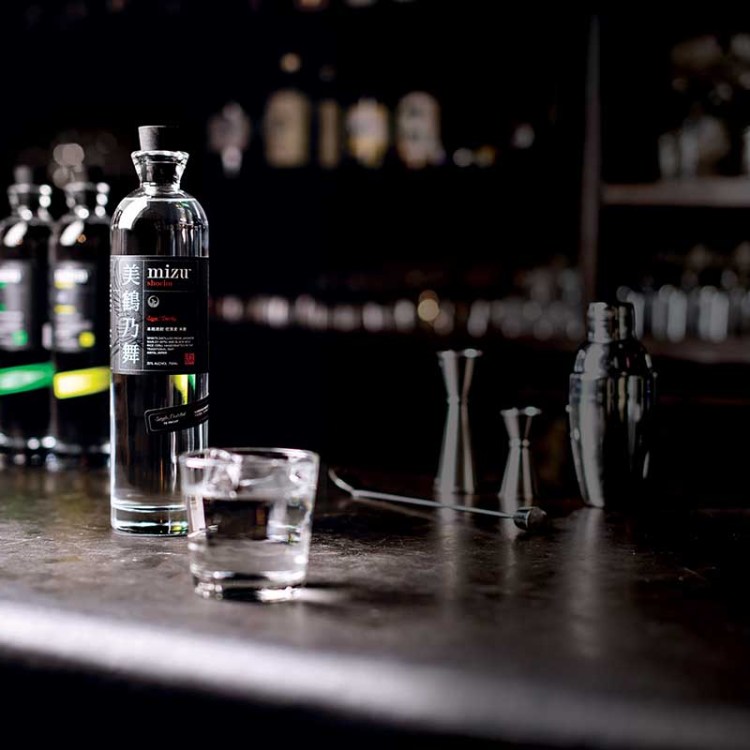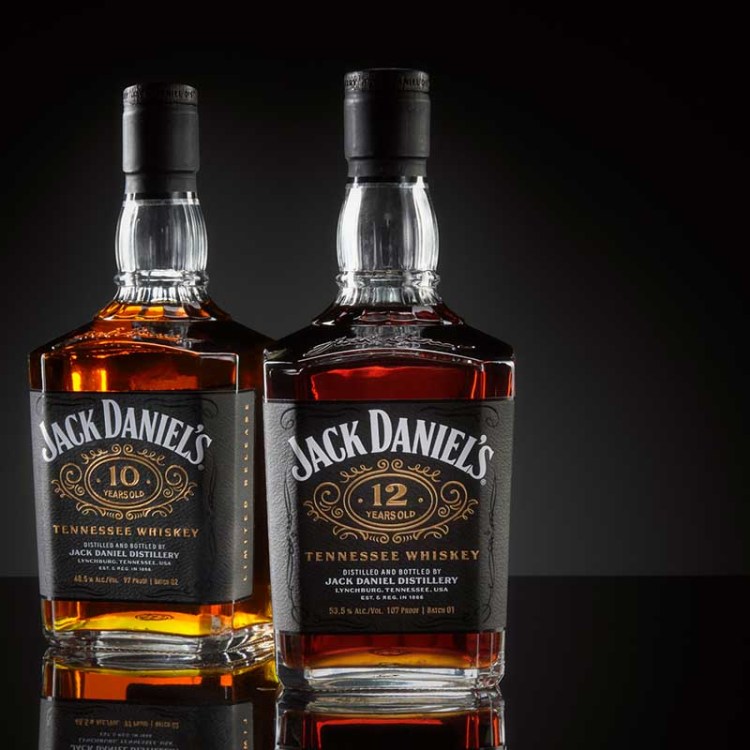A spirit distilled within the exclusion zone of Chernobyl, the Ukrainian area best known as the site of the worst nuclear disaster in history, has been seized just before it went to market. (Fun fact: As of this week, scientists learned that leftover nuclear fission fuel is “reacting” again in an inaccessible room at Chernobyl’s shuttered power plant.)
The exclusion area is roughly a 30 km radius around the Chernobyl plant, which has mostly reverted back to forest land and is almost (although not entirely) uninhabited. It’s from here that The Chernobyl Spirit Company attempted to start a new booze business. Their initial release, ATOMIK, is a “moonshine” crafted from apples from the Narodychi District, one of the still inhabited areas most affected by the accident. The company claims it’s the first consumer product from the area since the 1986 accident.
As the spirits brand notes on their site: “Our first production of ATOMIK Apple Spirit has been seized by Ukrainian security services for reasons unclear to us. We are working hard to get it released, but we can’t sell you anything yet.” The seized shipment includes the first batch of 1,500 bottles destined for the U.K, but it is now in the hands of Kyiv prosecutors.
As reported by USA Today, CSC founder Jim Smith (also an environmental science professor at Portsmouth University) claims their distillation process reduces radioactivity in the grain. As well, he says the land in the exclusion zone can “now be used to produce crops which are safe to eat.”
The BBC actually tried a spirit from the brand in 2019; at the time, Prof. Smith noted that the spirit — which at the time was a vodka — was “no more radioactive than any other vodka.”
For more travel news, tips and inspo, sign up for InsideHook's weekly travel newsletter, The Journey.

